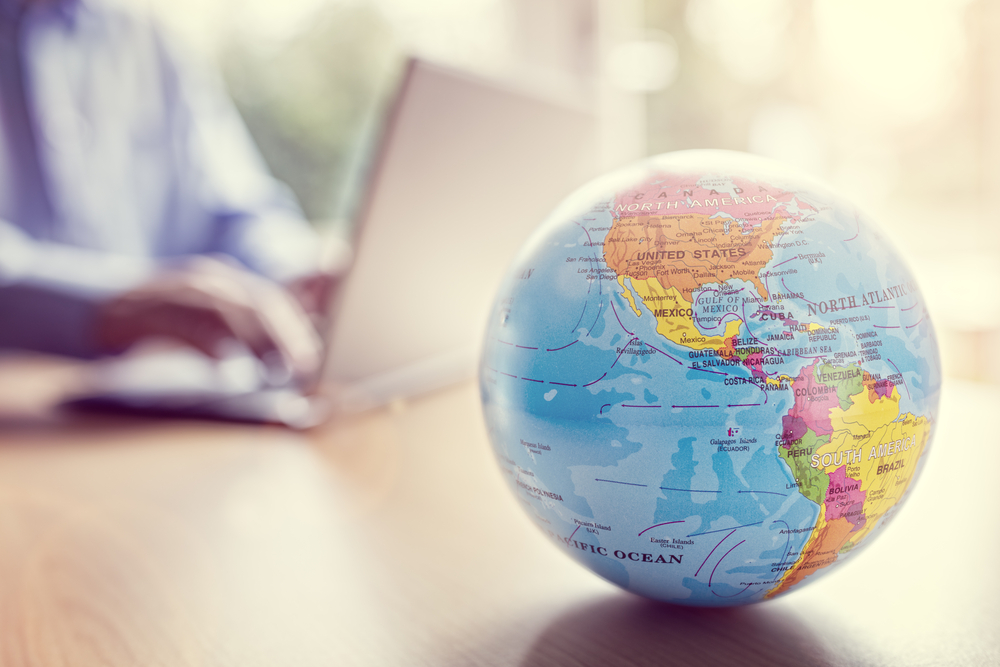What is the outlook for global trade? This is a big question – one being hotly debated in the media.
There can be no question that, like virtually every other part of life, international trade has been adversely affected by the COVID-19 pandemic. Manufacturing and construction went on pause in many countries due to social distancing measures, while consumers’ spending habits have changed as people have found themselves confined almost exclusively to their own homes.
Unctad, the United Nations organisation that tracks trade flows, suggested that there would be a 27% fall in global trade in the second quarter of 2020. Car exports and machine parts were the biggest areas affected.
The immediate outlook is not particularly rosy. But how many sectors or financial markets are going to be reporting better-than-average results for the past three months? Very, very few.
Indeed, more surprising are suggestions that global trade is under long-term threat; the coronavirus pandemic is going to result in a rise of nationalism, or to put it another way, a hesitancy to purchase goods from overseas.
The end of globalisation?
Commentators have been keen to announce the death of globalisation for as long as globalisation has been used as a popular term. This is reason to be wary of such sensationalist headlines.
The movement of goods, ideas, politics and economic activity across geographic borders has been commonplace for centuries. In more recent decades, global trade has become essential to the make-up of both national economies and the lives of consumers and businesses. Yet people have seized on the coronavirus crisis to suggest this trend is going to be rapidly, and permanently, reversed.
This would appear to be unrealistic. And if nothing else, it is undoubtedly too early to make such assumptions when we are still very much in the throes of the global pandemic.
Most people – whether speaking from a personal or professional perspective – would concede that there will soon be a ‘new normal’; a new way to live our lives. To suggest that this new normal will spell the end of global trade (or globalisation more generally) would overlook many core elements of the modern world.
We live in a digital age where people expect to be able to search for and purchase items within competitive marketplaces (thus for fair prices) and have them delivered quickly. In truth, the COVID-19 pandemic has only accelerated our reliance on this model of consumption.
While there have been some immediate challenges for global trade – both a slowdown in economic activity and logistical difficulties due to measures that have been introduced to curtail the spread of the virus – all logic would suggest that as the pandemic abates, these obstacles will shrink.







Leave A Comment